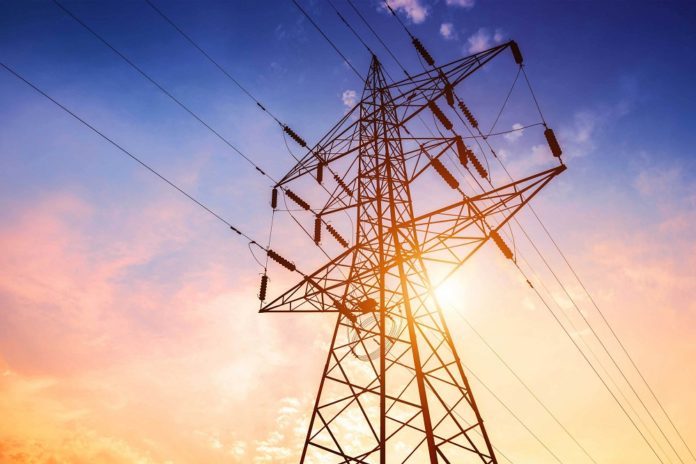Electricity is required to power up a nation. Ensuring a seamless supply of energy is the primary responsibility of any government. In some countries, electricity is supplied by a national energy provider. In others, people can choose from whom they want to purchase electricity from in a liberalised market, such as the Open Electricity Market in Singapore.
Singapore’s energy market opened towards the end of 2018. It gave households and businesses a choice to switch to an electricity retailer and enjoy cheaper prices or continue to buy electricity from the state-appointed agency at a regulated tariff. To assess whether such a change is beneficial to the population, understanding the advantages and disadvantages of having a national electricity provider will be useful.
Table of Contents
Advantages
#1: Safety Net In The Face Of Market Vulnerabilities
A national electricity provider can serve as a safety net in the event where market fluctuations disrupt the business operations of retailers. This ensures that one continues to get uninterrupted power supply should the retailer he/she contracted ceases operations.
If an electricity retailer in Singapore chooses to exit the market, it is required to propose a replacement for customers. Should there be no replacement options, customers are transferred back to the national electricity provider and can then decide whether they want to stay with the provider or make a switch to another retailer. This means customers do not have to worry about finding a new retailer at the last minute to supply energy as they can always rely on the national provider in times of such emergencies.
#2: Centralised Management Of Infrastructure For Uninterrupted Supply
The power grid is responsible for transmitting and distributing electricity to households and businesses, and this is typically owned and maintained by the state. The national electricity provider in Singapore continues to manage the power grid within the liberalised market. By centralising the management of the power grid infrastructure, all customers get to enjoy the same quality of electricity every day regardless of the retailers they choose to contract with. As such, competition in the electricity market is limited to price and service offerings among retailers, leaving the operational aspects of daily power supply to the national electricity provider in Singapore. Such a strong and reliable infrastructure is necessary to support a modern society that is heavily dependent on energy. A national electricity provider who takes care of this benefits everyone.
Disadvantages
#1: Cannot Offer Lower Electricity Prices
One of the biggest disadvantages of a national electricity provider is its inability to reduce electricity prices. Hence, electricity tariff Singapore is set to recover the long-term costs of producing energy, building and operating power plants, and maintaining the power grid through which it distributes electricity. The tariff is also heavily dependent on fluctuating global oil prices. On the other hand, electricity retailers in Singapore can sell electricity at affordable rates as their prices are pegged at the level of competition in the market and the short-term costs of electricity production. Independent market players can purchase electricity in bulk from power plant companies at a wholesale price. Some of the electricity retailers in Singapore are also the commercial arm of power generators, such as Senoko Energy, and they can sell the energy they produce.
#2: Prices Do Not Match Consumption Patterns
Since the national electricity provider cannot make adjustments to the tariff, it cannot offer prices to suit a range of consumption patterns. With this constrain, households and businesses are unable to find ways to optimise their electricity costs. An electricity retailer in Singapore, on the other hand, has greater flexibility and freedom to introduce competitive price packages, alongside innovative rewards and bundled schemes. They are better able to match consumption patterns and energy needs of households and businesses with their fixed and discounted plans, and in turn, allow these consumers to maximise their savings on their monthly electricity bills.
Whether Singaporeans remain contracted with their national electricity provider or switch to a retailer is entirely dependent on their needs and preferences. The energy market provides them access to more options so that they can have better control over their electricity consumption and expenditure.



















